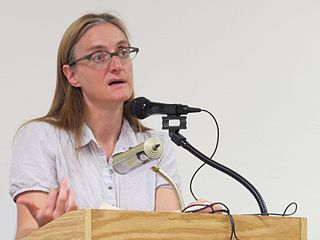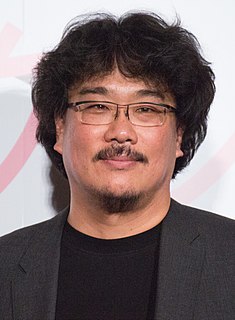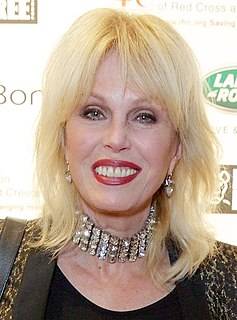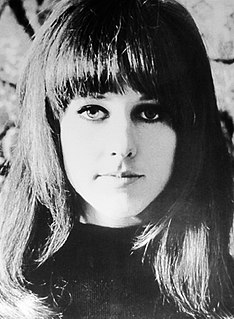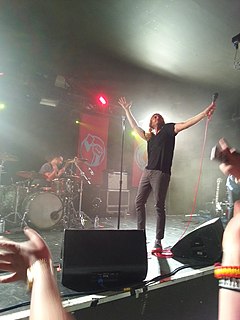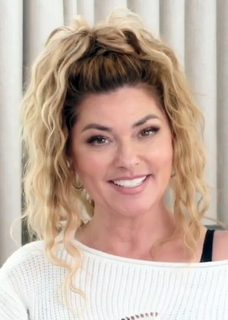A Quote by Paul O'Grady
I go in the butchers and there's not a lot of meat I can eat these days, with having all the animals.
Related Quotes
Some meat eaters defend meat eating by pointing out that it is natural: in the wild, animals eat one another. The animals that end up on our breakfast, lunch, and dinner plates, however, aren't those who normally eat other animals. The animals we exploit for food are not the lions and tigers and bears of the world. For the most part, we eat the gentle vegan animals. However, on today's farms, we actually force them to become meat eaters by making them eat feed containing the rendered remains of other animals, which they would never eat in the wild.
If you like eating meat but want to eat ethically, this is the book for you. From the hard-headed, clear-eyed, and sympathetic perspective of butchers who care deeply about the animals whose parts they sell, the customers who buy their meats, and the pleasures of eating, this book has much to teach. It’s an instant classic, making it clear why meat is part of the food revolution. I see it as the new Bible of meat aficionados and worth reading by all food lovers, meat-eating and not.
There is this really intimate connection that people have with the animals they're going to eat. A lot of people who eat meat say "I would never kill my own animals." Well, that means someone else is doing it for you, ultimately. This is the modern attitude that we have: Somebody else will do that for me. And to me, it just seemed wrong. I wanted to be part of the process of what it meant to eat meat. I wanted to be responsible.
I'm a vegetarian. You're a what? I don't eat meat. How can you not eat meat? I just don't. He says he does not eat meat. What? No meat? No meat. Steak? No... Chickens! No... And what about the sausage? No, no sausage, no meat! He says he does not eat any meat. Not even sausage? I know! What is wrong with him? What is wrong with you? Nothing, I just don't eat meat!
It may indeed be doubted whether butchers' meet is anywhere a necessary of life. Grain and other vegetables, with the help of milk, cheese, and butter, or oil where butter is not to be had, afford the most plentiful, the most wholesome, the most nourishing, and the most invigorating diet. Decency nowhere requires that any man should eat butchers' meat.
Most of the food crops raised in the world today are fed to livestock destined for slaughter for us to eat, and most of the water used is used to raise the food crops that are fed to those animals. It has been estimated that, because of the extraordinary amount of grain it takes to raise food animals, if we reduced the amount of meat we eat by only ten percent, that would free up enough grain to feed all the starving humans in the world. So when we choose to eat meat instead of vegetables, we are choosing to take food away from others who are hungry.
Animals raised on corn produce fattier meat, but it's not just that it's fattier, it's the kinds of fats. Corn-fed beef produces lots of saturated fats. So that the heart disease we associate with eating meat is really a problem with corn-fed meat. If you eat grass-fed beef, it has much more of the nutritional profile of the wild meat.



